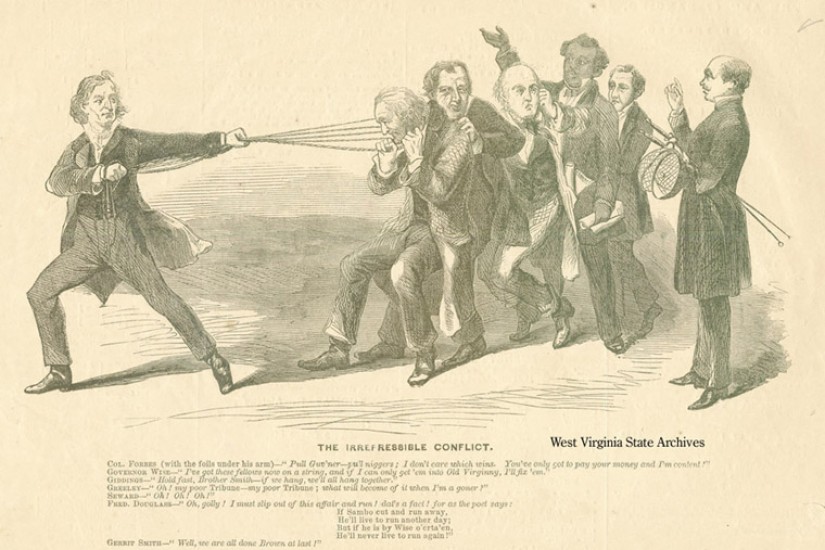Anger has a peculiar power in democracies. Skillfully deployed before the right audience, it cuts straight to the heart of popular politics. It is attention-getting, drowning out the buzz of news cycles. It is inherently personal and thereby hard to refute with arguments of principle; it makes the political personal and the personal political. It feeds on raw emotions with a primal power: fear, pride, hate, humiliation. And it is contagious, investing the like-minded with a sense of holy cause.
In recent weeks, it has grown increasingly ubiquitous in American politics. In Montana this past Thursday, President Donald Trump praised Republican Representative Greg Gianforte, who pleaded guilty to assaulting the Guardianreporter Ben Jacobs, saying, “Any guy who can do a body slam … he’s my guy.”
The week before, the Republican candidate for governor in Pennsylvania told his opponent that he was “going to stomp all over [his] face with golf spikes.” On the other side of the political tracks, the former attorney general Eric Holder said, “When they go low, we kick them.” Both men later qualified their statements, noting that they didn’t mean to incite violence. Their purpose—though neither man explicitly said as much—was to use rhetoric to stoke passions and rouse support.
Brett Kavanaugh did much the same during his Senate confirmation hearing. As authentic as his outrage was, he was strategically playing to like-minded supporters. Indeed, the White House counsel Don McGahn advised him to play up his emotions for maximum impact. And it worked—probably beyond his wildest expectations.
Such is the dynamic of politics in the time of Trump. The politics of outrage is fast becoming a political norm, each flare-up lowering the bar of acceptable rhetoric and producing an upswing in belligerent posturing.
But Trump didn’t invent this emotion-laden mode of political warfare. He’s certainly promoting it to an extreme degree, but it has a long and storied history that predates even that notorious poisoner of the political realm, Newt Gingrich. As tempting as it may be to assume that American politics has been an oasis of civility until the semi-recent past, at moments of intense polarization and strife throughout our nation’s checkered history, politicians have appealed to our lowest common denominator, using the power of anger and intimidation to spread their message and get their way.
